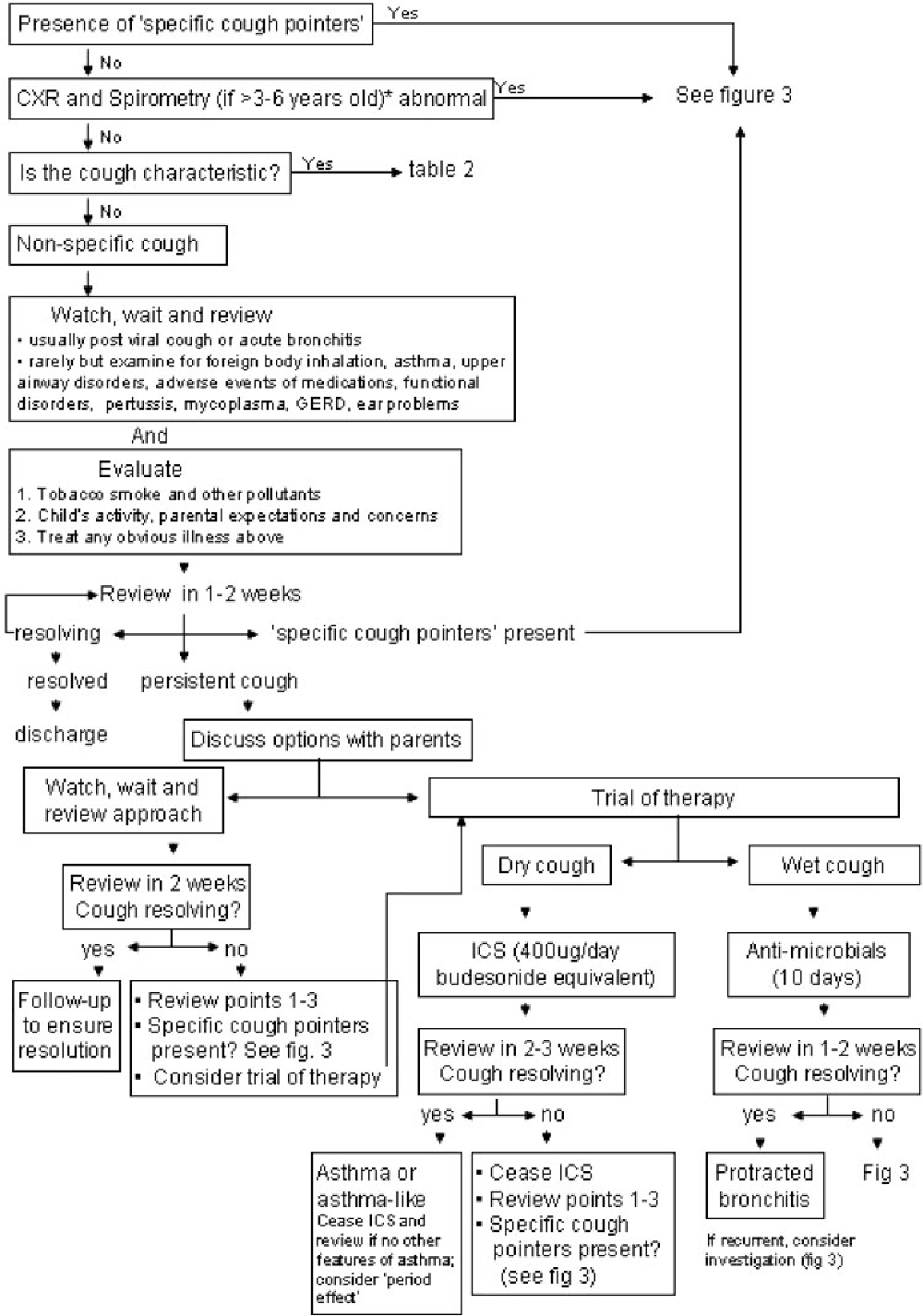
You can learn more about how we ensure our content is accurate and current by reading our editorial policy. Healthline has strict sourcing guidelines and relies on peer-reviewed studies, academic research institutions, and medical associations. Talk to your doctor about whether your cough would respond to an over-the-counter (OTC) or prescription medicine that blocks your body’s production of histamines or acetylcholine, both of which stimulate coughing. If you’re allergic to pet dander or pet saliva, it might be best to get your cuddles during the day and keep pets out of your bedroom at night. The American Academy of Asthma, Allergy, and Immunology recommends that you wash your sheets, mattress covers, blankets, and pillowcases in hot water, at 130☏ (54.4☌) or higher, once a week. To make sure the humidity level in your sleeping space is at or near the recommended level of 50 percent, consider using a hygrometer to measure the exact level of moisture in the air. Allergens like dust mites and mold can worsen in wet air, and asthma can sometimes be exacerbated by dampness. One word of caution: Be careful not to over-dampen the air. Air that’s too dry can irritate your throat and send you into a flurry of coughing. Just be sure to stop drinking fluids at least an hour before bedtime to avoid bathroom trips during the night.

Aim to drink at least 8 glasses of water a day. Drinking fluids throughout the day can help keep your throat lubricated, which can help protect it from irritants and other coughing triggers. Staying hydrated is especially important when you’re feeling under the weather. They can be helpful for dry nighttime coughs, as they may stop your cough reflex from being triggered while you sleep. Cough suppressants, which are also known as antitussives, prevent coughing by blocking your cough reflex. Don’t give decongestants to children younger than 12, as they can cause serious complications. Decongestants can help dry up the postnasal drip that can cause that nagging nighttime cough. Avoid giving lozenges to young children as they can be a choking hazard. Whichever one you try, be sure to finish the lozenge before you lie down so you don’t choke on it. Some contain vitamin C, and some include medications that can soothe a sore throat. Some have menthol to help open up your sinuses. Throat lozenges can be found at drugstores and retailers, and they come in an assortment of flavors. Steam from a warm shower may help loosen mucus in your chest and sinuses, clearing your airways. Be sure to finish drinking any beverage at least an hour before bedtime. Warm water with honey and lemon, herbal teas, and broths are all good options. A steamy, warm beverage may help soothe a throat that’s become irritated from coughing, and also loosen up mucus. Note that the study was based on parent surveys, which aren’t always an objective measurement. of honey at bedtime helped some coughing children sleep more soundly. If your cough is caused by a cold or bronchitis, studies show that guaifenesin can be a safe and effective treatment. The only Food and Drug Administration (FDA)-approved expectorant in the United States is guaifenesin, which is marketed under brand names like Mucinex and Robitussin DM.

Expectorants thin the mucus in your airways, making it easier to cough up phlegm. Avoid elevating your head too much, as this could lead to neck pain and discomfort. To avoid this, stack a couple of pillows or use a wedge to lift your head and neck slightly. Sleeping flat on your back or on your side can cause mucus to accumulate in your throat, which can trigger a cough.


 0 kommentar(er)
0 kommentar(er)
